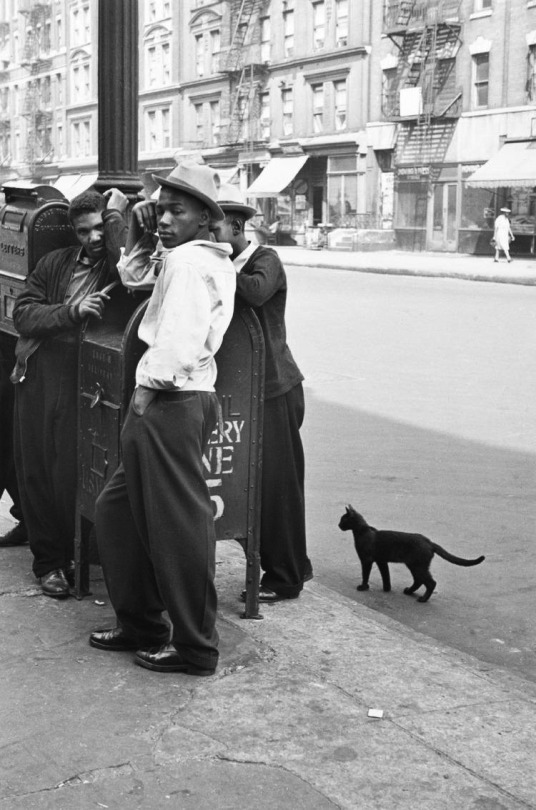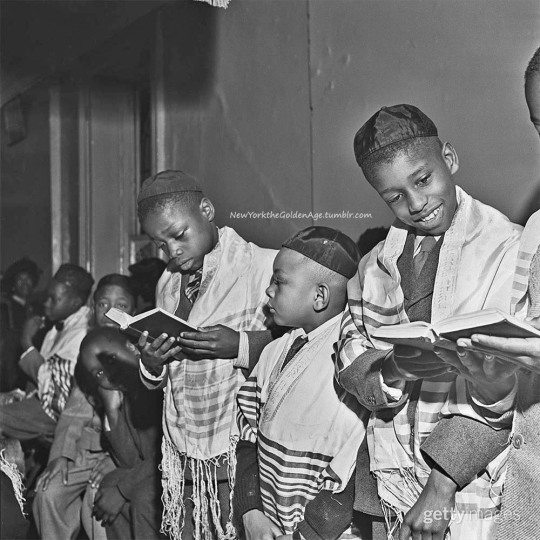#children of york
Explore tagged Tumblr posts
Text








Nostalgia💚
We all we got
#black people#black history#black power#black stories#black beauty#nostalgia#nostalgic#new york#soft ghetto#black culture#melanin#black girl moodboard#black men#aesthetic#back in the day#lifestyle#gentillmatic#black tumblr#black in america#blacklivesmatter#black women#black kids#black children#black youth#beauty#soulaan#soulaani#hoodoo#black spirituality#not like us
855 notes
·
View notes
Text

they did the monster mash!! 😳 🎃it was a graveyard smash!! 🦇👻
#churro art#my art#digital art#fanart#illustration#doodles#what we do in the shadows#wwdits#nadja of antipaxos#laszlo cravensworth#nandor the relentless#guillermo de la cruz#HHHHAAAPPYYY ALMOST AUTUMN!!! AHAHAH#August comes to an end and I start Halloween posting already.. WHEW#can I tell I just adore the last 4 months of the year THIS IS MY ALL STAR RUN BABY!!#ANYWAYSSS I STARTE DTHIS SHOW WATCHIGN HW ITS SOO FUNNY#genuinely cannot watch this before bed because I laugh too much and start getting Not Tired#this was orig a doodle I did in my notebook for uni!#but I finished it on my iPad to relax in between classes :D#I love working in this style..#if I had a dream I would illustrate comía or children’s books like this!!#anyways. neeeewww York citaaay
732 notes
·
View notes
Text
#black history#africa#racial injustice#burial ground#enslaved africans#blacklivesmatter#black lives matter#black people#911#black history facts#black history month#black liberation#slavery#american history#black power#black men#black women#black children#twin towers#new york
240 notes
·
View notes
Text

Jack Jegerke, the proud captor of three cats in the Great Bowling Green Neighborhood Cat Roundup, after leading his pals in the cleanup campaign conducted by the Bowling Green Neighborhood Association, March 28, 1925. More than a thousand homeless cats, ekeing out a filthy existence along the waterfront, were gathered in and given homes by the children.
Photo: Bettmann Archive/Getty Images/Fine Art America
#vintage New York#1920s#cat rescue#cats#March 28#28 March#children#lower Manhattan#Bowling Green#animals
647 notes
·
View notes
Text

Harlem, New York City, 1949 - by Clemens Kalischer (1921 - 2018), German/American
491 notes
·
View notes
Photo

Helen Levitt. Harlem Boys with a black cat. New York. 1940
Follow my new AI-related project «Collective memories»
#BW#Black and White#Preto e Branco#Noir et Blanc#黒と白#Schwarzweiß#retro#vintage#Helen Levitt#Harlem#New York#1940#1940s#40s#kids#children#crianças#gamins#enfants#Kinder#子供たち#児童#street photography#Photographie de rue#Strassenfotografie#fotografia de rua#ストリートフォトグラフィー#cities#cidades#villes
1K notes
·
View notes
Text










Terriermon vs Wendigomon - Digimon Adventure 02 - Hurricane Touchdown, The Golden Digimentals!! (2000)
#digimon#digimon adventure#digimon 02#digimon the movie#digimon 02 hurricane touchdown#the golden digimentals#terriermon#wendigomon#chocmon#aesthetic#my own post#art#anime#2000s internet#my gif#gif#anime nostalgia#anime movie#chocomon#cocomon#digimon the movie for the locals 😭#wallace#digidestined#chosen children#new york#nyc#DADV02V&F
138 notes
·
View notes
Text

Also the New York Times

#News#politics#free palestine#free gaza#democrats#republicans#israel#children#Gop#Nyc#new york#genocide#aid workers#aid for gaza
100 notes
·
View notes
Text
best purchases i’ve ever made. i purposefully chose the stupidest mike card, and the most gorgeous peter card. how it should be.

#why is idiot drinking out of a firehose#stop that!!!#been eyeing off that card for ages now#also peep the dvd collection in the back#i’ve actually got so many dvds now that i have to buy a rack for myself for christmas#the children yearn for physical media#the monkees#torksmith#peter york#mike nesmith
79 notes
·
View notes
Text
aftermath of advertisement doodle paper (and election I guess 😒)

(pls he needs it 🙏)
#wttt#welcome to the statehouse#wttsh#wttt new york#wttsh new york#wttsh headcanons#wttt headcanons#wttt gov#wttsh gov#wttt louisiana#wttsh louisiana#wttt florida#wttsh florida#wttt california#wttsh california#wttt texas#wttsh texas#wttt fandom#wttt fanart#ben brainard#they’re like children#wttt main 5#the cat’s name is Fredrick the Great
67 notes
·
View notes
Text
Photo Spots 📷 Bronx Zoo 🦍



#Bronx Zoo Center#New York City#Bronx#Zoo#Museum#Saguaro#Cactus#Plants#Komodo#Dragon#Bronze#Sculpture#Fennec#Fox#Ears#Children's Zoo#Zoo Center#Bronx Zoo#Bronx Park#New York
73 notes
·
View notes
Text
Thinking about Elizabeth Woodville as a gothic heroine is making me go insane. She entered the story by overturning existing social structures, provoking both ire and fascination. She married into a dynasty doomed to eat itself alive. She was repeatedly associated with the supernatural, both in terms of love and death. Her life was shaped entirely by uncanny repetitions - two marriages, two widowhoods, two depositions, two flights to sanctuary, two ultimate reclamations, all paralleling and ricocheting off each other. Her plight after 1483 exposed the true rot at the heart of the monarchy - the trappings of royalty pulled away to reveal nothing, a never-ending cycle of betrayal and war, the price of power being the (literal) blood of children. She lived past the end of her family name, she lived past the end of her myth. She ended her life in a deeply anomalous position, half-in and half-out of royal society. She was both a haunting tragedy and the ultimate survivor who was finally free.
#elizabeth woodville#nobody was doing it like her#I wanted to add more things (eg: propaganda casting her as a transgressive figure and a threat to established orders; the way we'll never#truly Know her as she's been constantly rewritten across history) but ofc neither are unique to her or any other historical woman#my post#wars of the roses#don't reblog these tags but - the thing about Elizabeth is that she kept winning and losing at the same time#She rose higher and fell harder (in 1483-85) than anyone else in the late 15th century#From 1461 she was never ever at lasting peace - her widowhood and the crisis of 1469-71 and the actual terrible nightmare of 1483-85 and#Simnel's rebellion against her family and the fact that her birth family kept dying with her#and then she herself died right around the time yet another Pretender was stirring and threatening her children. That's...A Lot.#Imho Elizabeth was THE adaptor of the Wars of the Roses - she repeatedly found herself in highly anomalous and#unprecedented situations and just had to survive and adjust every single time#But that's just...never talked about when it comes to her#There are so many aspects of her life that are potentially fascinating yet completely unexplored in scholarship or media:#Her official appointment in royal councils; her position as the first Englishwoman post the Norman Conquest to be crowned queen#and what that actually MEANT for her; an actual examination of the propaganda against her; how she both foreshadowed and set a precedent#for Henry VIII's english queens; etc#There hasn't even been a proper reassessment of her role in 1483-85 TILL DATE despite it being one of the most wildly contested#periods in medieval England#lol I guess that's what drew me to Elizabeth in the first place - there's a fundamental lack of interest or acknowledgement in what was#actually happening with her and how it may have affected her. There's SO MUCH we can talk about but historians have repeatedly#stuck to the basics - and even then not well#I guess I have more things to write about on this blog then ((assuming I ever ever find the energy)#also to be clear while the Yorkists did 'eat themselves alive' they also Won - the crisis of 1483-85 was an internal conflict within#the dynasty that was not related to the events that ended in 1471 (which resulted in Edward IV's victory)#Henry Tudor was a figurehead for Edwardian Yorkists who specifically raised him as a claimant and were the ones who supported him#specifically as the husband of Elizabeth of York (swearing him as king only after he publicly swore to marry her)#Richard's defeat at Bosworth had *nothing* to do with 'York VS Lancaster' - it was the victory of one Yorkist faction against another#But yes the traditional line of succession was broken by Richard's betrayal and the male dynastic line was ultimately extinguished.
61 notes
·
View notes
Text
In the office today listening to some new starters conversation they've been debating for the last half hour if the USA is a social experiment
#one of their reasoning#is that new york is too big a city to be livable#i love it#new starts are like children
83 notes
·
View notes
Text









The White Queen + Costumes
Elizabeth of York's white dress in Episode 02, 03 & 04.
// requested by anonymous
#The White Queen#Elizabeth of York#costumes#costume drama#costumesource#period drama#perioddramaedit#1400s#15th century#white#London#England#Britain#Europe#requests#Children
26 notes
·
View notes
Text

Young members of a Black Jewish congregation in Harlem, ca. 1955 .
Photo: Archive Photos/Getty Images Instagram
#vintage New York#1950s#Black Jews#Judaism#vintage Harlem#religious children#kippah#tallit#Jewish choir#vintage NYC
394 notes
·
View notes
Text

Friends, New York, 1943 - by Fred Stein (1909 – 1967), German
148 notes
·
View notes